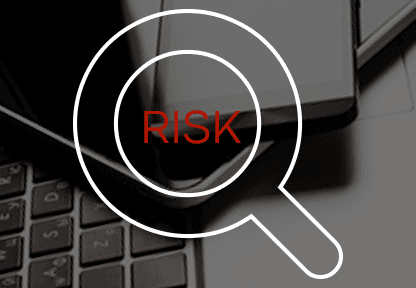March 17, 2025 • Mary Marshall
How Identity Governance Supports Medical Device Security
Explore how Avatier’s identity governance solutions bolster medical device security by enhancing compliance.

The rapid evolution of healthcare technology has introduced an array of innovative medical devices that enhance patient care. These advanced devices, often integrated with sophisticated networks, pose unique security challenges due to their potential vulnerability to cyber threats. Identity governance emerges as a pivotal framework in securing medical device environments, providing robust solutions to protect against unauthorized access and maintaining the integrity of healthcare operations.
The Critical Role of Identity Governance
Identity governance provides a comprehensive method for managing digital identities within healthcare environments. By implementing systems that govern who can access which devices and when, hospitals can safeguard against unauthorized intrusions. Avatier’s identity management solutions stand out by automating workflows and ensuring that only authorized personnel can interact with sensitive devices.
1. Enhancing Security through Unified Workflows
Unified workflows, a key component of Avatier’s identity governance framework, play a crucial role in streamlining access across healthcare systems. By centralizing management through automated processes, organizations ensure that access is both efficient and secure. This approach not only mitigates risks but also enhances operational efficiency, aiding healthcare providers in maintaining seamless service delivery.
2. Enforcing Zero-Trust Principles in Healthcare
Traditional security models often rely on predefined zones of trust, yet modern cyber threats demand a more robust approach. The zero-trust model, integral to Avatier’s solutions, operates under the “never trust, always verify” framework. By continuously validating each access request irrespective of its origin, healthcare institutions can protect their networks from potential breaches.
3. Compliance and Regulatory Alignment
In the healthcare sector, compliance with regulations such as HIPAA is non-negotiable. Identity governance facilitates compliance by ensuring that access to medical devices adheres to strict regulatory standards. Through meticulous tracking and reporting mechanisms, Avatier assists healthcare institutions in meeting compliance requirements while maintaining high security.
Protecting Patient Data through Advanced Identity Management
Medical devices are gateways to crucial patient data, making their security paramount. Avatier’s AI-driven security enhancements contribute significantly to safeguarding this data. AI not only automates identity verification processes but also preemptively identifies potential threats, ensuring a proactive stance in medical device security.
1. Seamless, Self-Service User Experiences
Healthcare providers necessitate intuitive systems that facilitate user independence. Avatier’s solutions offer self-service capabilities, empowering users to manage their access permissions without compromising security. This feature is particularly beneficial in dynamic healthcare settings where time is of the essence.
2. Adapting to Industry Trends with Avatier
With the healthcare sector increasingly adopting digital solutions, keeping pace with emerging trends is essential. Avatier’s ability to integrate with various platforms underscores its adaptability. This flexibility is vital for healthcare institutions aiming to remain competitive and secure in a digital-first world.
Conclusion
The security of medical devices within healthcare systems is non-negotiable. By leveraging identity governance, institutions not only safeguard invaluable data but also enhance their operational resilience against cyber threats. Avatier’s solutions, characterized by unified workflows, zero-trust principles, and AI enhancements, empower healthcare providers to meet these challenges head-on.
To learn more about how Avatier supports the healthcare industry, visit our Healthcare Solutions.
By prioritizing security through robust identity governance, healthcare providers can ensure that medical devices operate within secure parameters, thus safeguarding patient welfare and institutional integrity.









